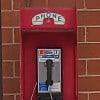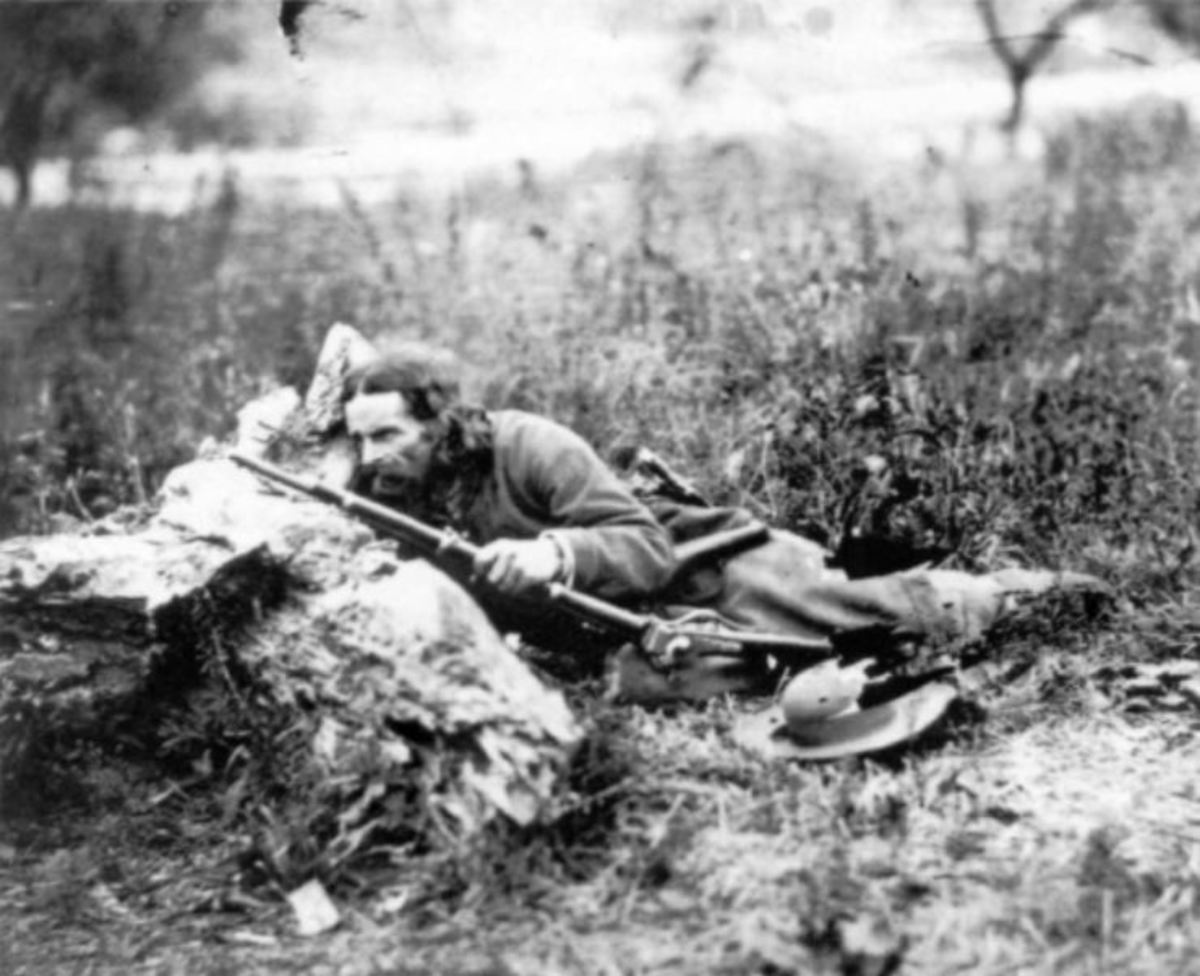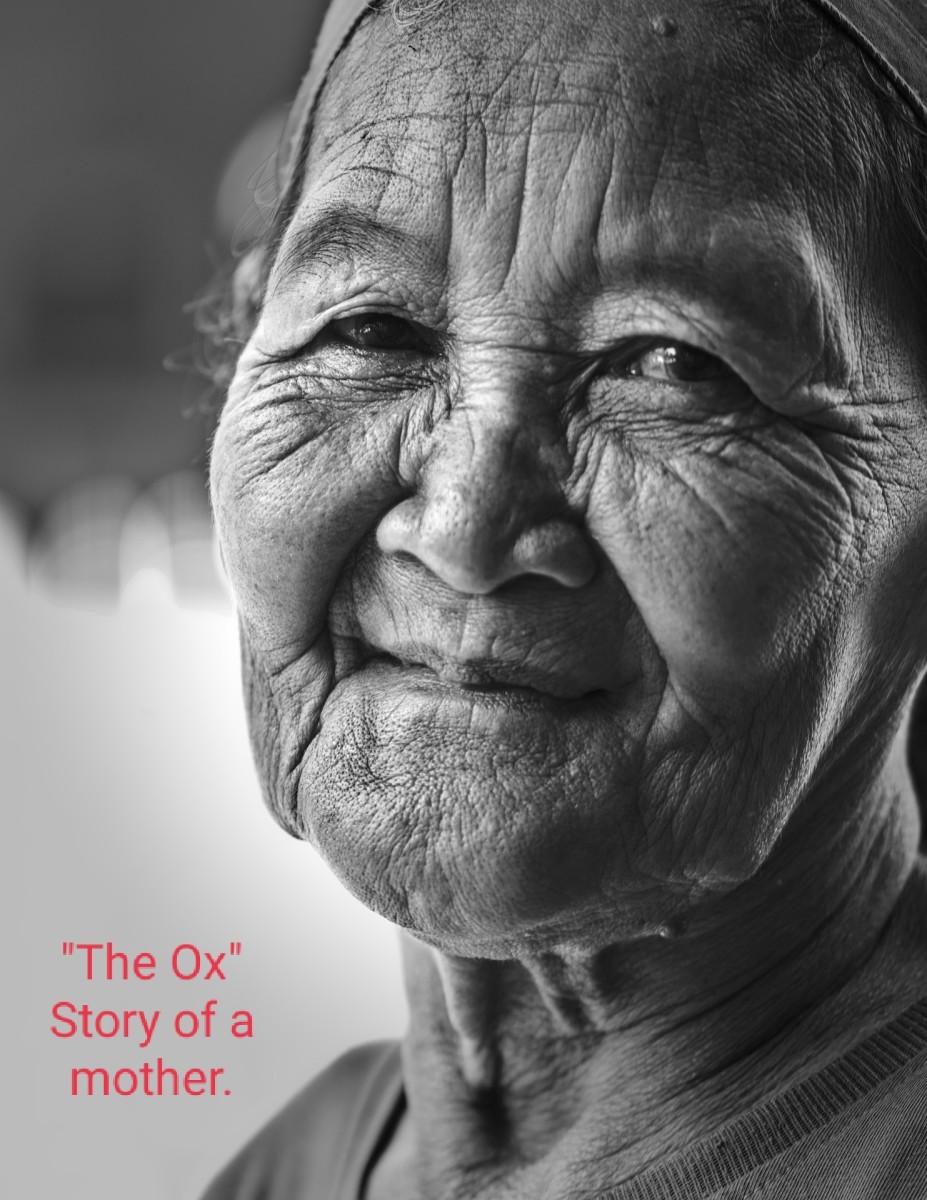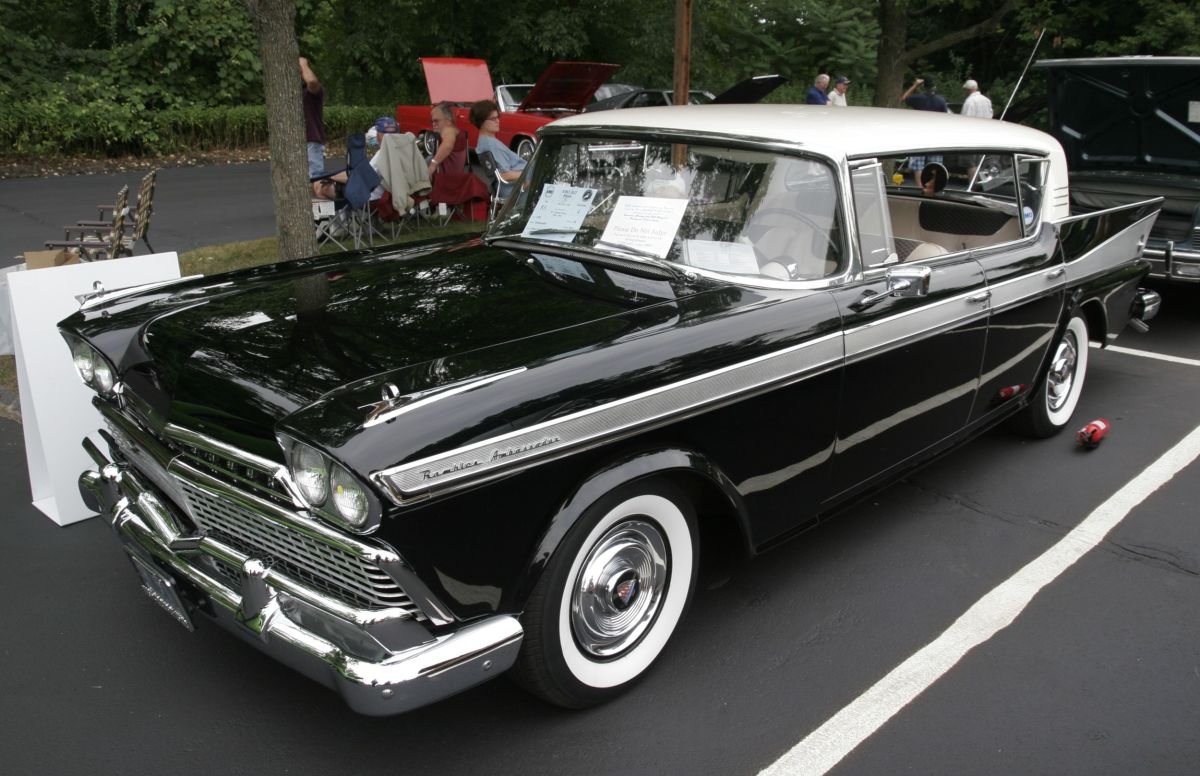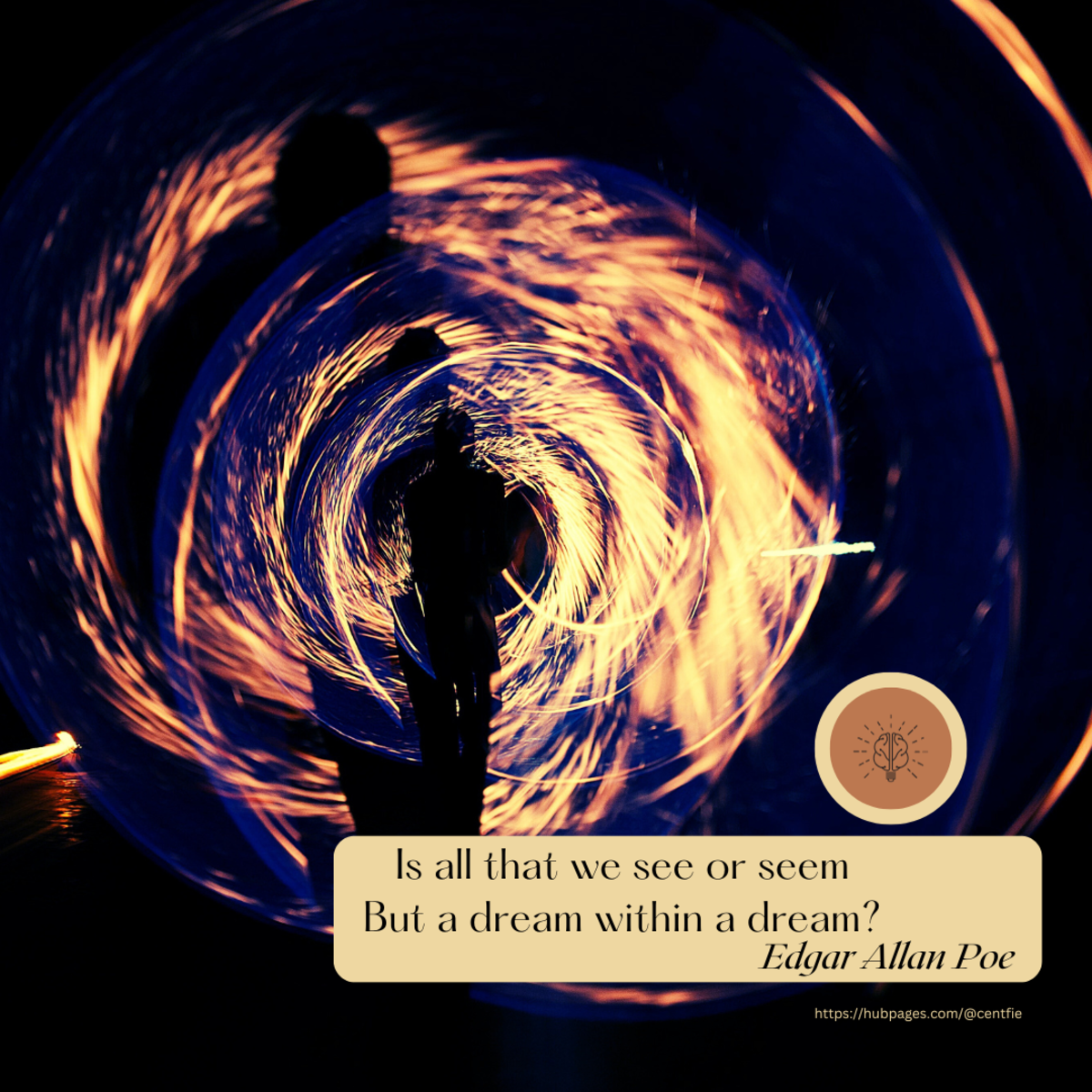- HubPages»
- Books, Literature, and Writing»
- Commercial & Creative Writing»
- Creative Writing
A Galvanized Yankee soldier during Civil War-an Old West fictional short story
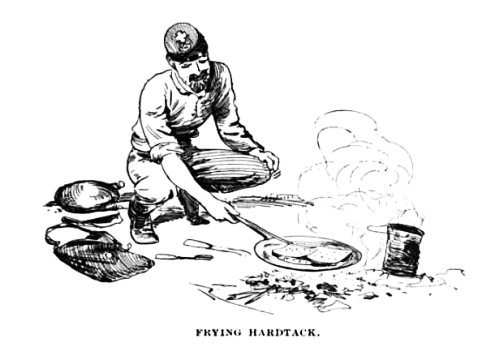
Imagine me, Jacob Brown, wearing the blue uniform of the second U.S. Volunteer Infantry. We were on escort duty for a wagon train near Fort Dodge in Kansas..
I was singing without thinking about what I was singing:
Peas, Peas, Peas
Eating goober peas
Eating goober peas
“I hope you Galvanized Yankees can fight better than you sing. What is that anyhow? Goober peas?” The remark came from Nat another private but a born Yankee.
‘Just a song, I picked up from a Georgia boy” I replied.
“What’s a goober pea?”
“Truthfully. They’s boiled peanuts. Not too good but sometimes the only rations we had.” I told him.
“Well, I think we can fare better than that. We spied some game and I think the cooks got some to go for supper.”
We former Rebs got a lot of comments from the yanks but they were really glad to have the extra troops
“How did you end up being one of us, anyway?”
. “For my part anything is better than being back in the Rock Island prison camp in Illinois. Maybe it wasn’t as bad as I heard it was at Andersonville, but bad enough. Rock Island, if you don’t know is on The Mississippi River between Illinois and Iowa. We was taken prisoner in Tennessee, warn’t ready for the winter at Rock Island. It was 32 degrees below and snow. We huddled around stoves when we tried to sleep Then to make things worse smallpox started to spread later on .We didn’t get any doctors and the sickness spread.”
“Later they built a barracks to use as a hospital but prisoners still died.” I told him.
Union Soldier
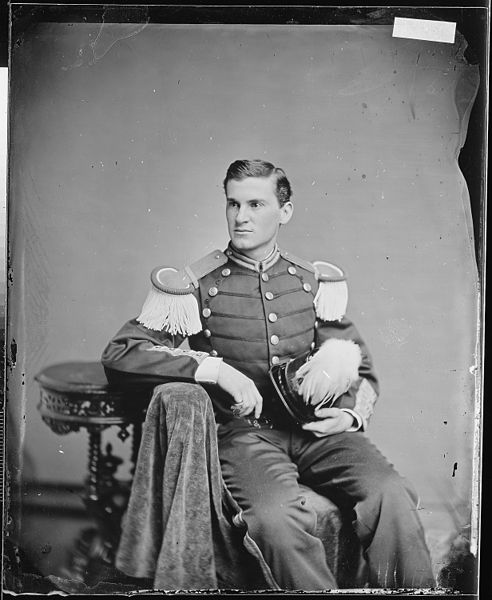
President Lincoln’s Plan
It seems Mr. Lincoln was having trouble getting enough soldiers to fight his war. He let it be known that some of us prisoners might be allowed to take an oath to the Union and be able to change the gray for the blue. One hitch was that only those boys born in the north or outside the country could do it.
Later on he was convinced that southern boys might be useful but his own people objected. I guess he overrode them because pretty soon the proposition was given to us. Some of us said we’d do it but we wouldn’t fight against our kin and friends. That was OK. They would send us to the western frontier where we might have to fight Indians. I
So here I am,” I said.
“Did it get any better?”
“Sure, it helped to have some doctoring done and the sick prisoners were not with the rest of us. Some dug tunnels out of the barracks and managed to escape.
When we heard about that a few others and me tried tunneling out once.”
“There was about ten of us to begin with. We smuggled in some camp shovels and stole a few knives from the mess area.
The barracks had a dirt floor. We started digging under one of the bunks. We mixed the dirt with the dirt on the floor.”
“That sounds like a whole lot of hard work.”
“That’s for sure. You couldn’t pay me to do that much work. But when men are desperate they do things that they wouldn’t ordinarily do. Besides we had lots of time on our hands.”
“Well, what came of it?”
Actually a few made it out and got help somewhere smuggling them back to the Southern lines. Get to Missouri they’d be fine. We got caught and our lousy rations got cut even more. I got out into a wooded area and thought I was in the clear, but when I got to the river I was caught. ” I said.
“Weren’t there ever any good times?”
“I guess I got to be fair. Sometimes we did get newspapers and magazines to read. Even books sometimes. One prisoner even built hisself a fiddle so we got a bit of music,” I related that with a bit of nostalgia, if you can believe it.
“Don’t sound like much, but I spose it’s better than nothing.”
“Yeah, it relieved things a little bit.”
“So, what happened then?” he asked.
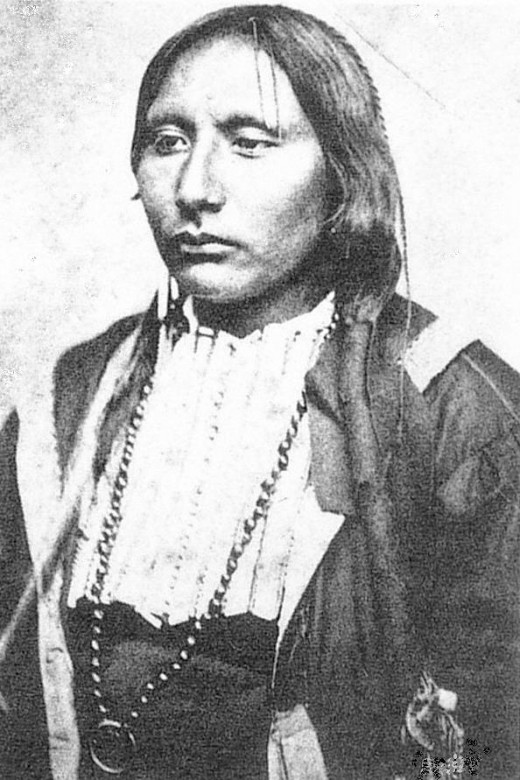
Indians
As I said, we got some joshing but the troops treated us good and taught us a lot, such as hunting game. They also showed us about the different wildlife and about the Indians. Not quite everything though. There were buffalo, which we ate as did the Indians. Mostly the hostile Indians were the Kiowa’s and Comanche’s.
We was just getting the wagons circled around for the night and a couple of men were watching the few cattle and extra horse’s to corral them. A group of men in blue coats rode up and we thought it was some reinforcements. Weren’t we surprised when the riders swooped down on the livestock and started herding them away.
“Blast,” Nat hit his first on the pommel of his saddle.” We should have expected this. Kiowa’s have done this before.”
Not knowing what else to do I took off after the Indians. I caught up with one who might have been a leader and instead of going for my revolver I leaned over and took ahold of his arm. That threw him off balance and he fell to the ground taking me with him. We were both momentarily winded but we then got up and faced each other. Neither of us went for a weapon. Two braves came up to back up my opponent but he waved them away.
He leapt at me expecting to knock me down but I dodged and he landed flat on his stomach. He didn’t stay down long though and surprised me by springing up and getting me into what must have been an Indian wrestling hold.
We went back and forth with holds and some punches. Either the soldiers or the Indians interfered expecting that it would break out into a real battle if the got involved. One thing I learned about Indians is that they admire courage especially from an enemy. Fighting bravely will win their respect if not their affection.
The fight went back and forth. One time I’d be down and then the Indian would be down. Finally when we were both exhausted a Kiowa chief called a truce.
They gave up the livestock this time but we never let our guard down again. Occasionally I have run across that brave that I fought we gradually became friends of sorts.
